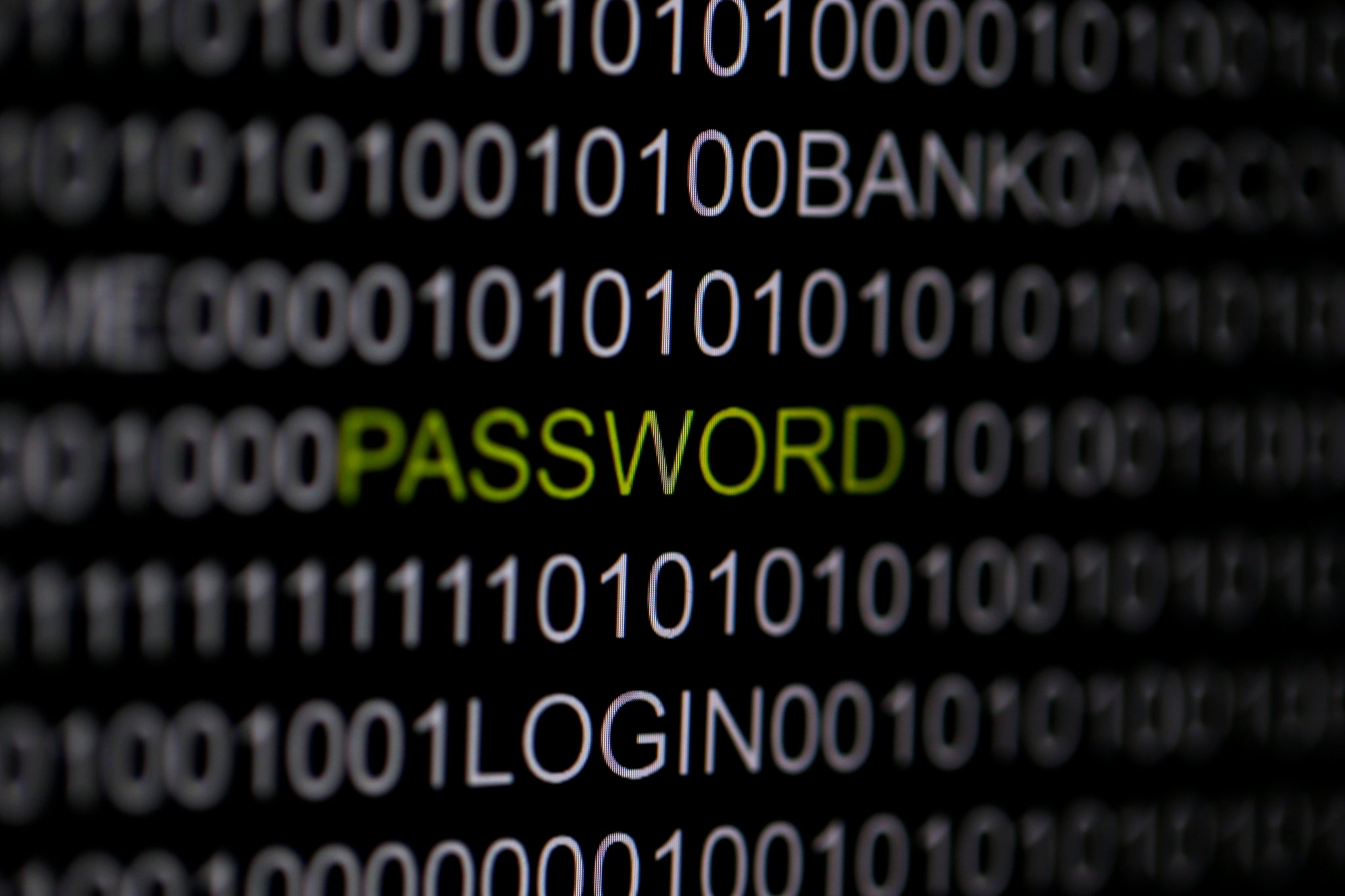The Independent's journalism is supported by our readers. When you purchase through links on our site, we may earn commission.
Future passwords will use typing style and other ‘cognitive fingerprints’
Military technology is likely to make it into civilian homes

New password systems could look for physical clues about users instead of relying on passwords or fingerprint sensors.
New technologies are being developed by the US military that could recognise users by the rhythm and speed of their typing or the errors they make, or how they move mice, according to documents seen by Sky News.
At the moment, military systems tend to rely on physical characteristics such as scanners that recognises users’ palms, face, DNA or irises. But just as those biometric methods replaced passwords, methods of working out users “cognitive fingerprints” could become the normal way of gaining access to computer systems.
"Just as when you touch something with your finger you leave behind a fingerprint, when you interact with technology you do so in a pattern based on how your mind processes information, leaving behind a 'cognitive fingerprint'," the document explains, according to Sky News.
Other options could use systems similar to those used to spot plagiarism in university essays. That is known as stylometrics — software that analyses how text is written to check it against other pieces of writing.
Those technologies are likely to eventually be transferred to the civilian world. They may come a way of validating that people are who they say they are as technology becomes increasingly powerful under the “internet of things”, Sky News notes.
Join our commenting forum
Join thought-provoking conversations, follow other Independent readers and see their replies
Comments
Bookmark popover
Removed from bookmarks